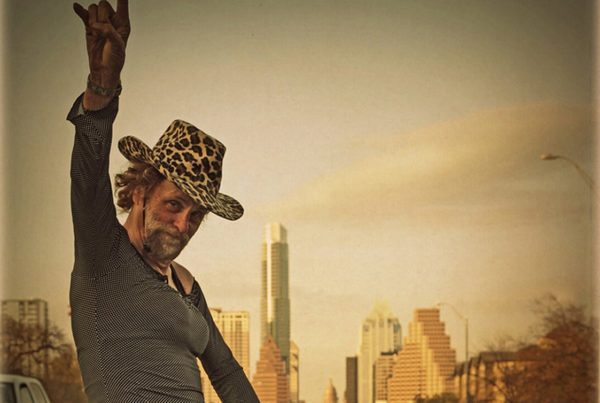At 4:30 a.m. El Paso time Thursday, Beto O’Rourke confirmed, in a video with his wife at his side, that he’s tossing his hat into the ring, so to speak, and running for president. O’Rourke is one of 15 Democrats who’ve announced their candidacy so far.
Richard Pineda is an associate professor in the Department of Communication and director of the Sam Donaldson Center for Communication Studies at the University of Texas at El Paso. Pineda says though O’Rourke will be up against another Texan in the primaries, Julián Castro, O’Rourke is “head and shoulders above” him because of the support he generated during his 2018 Senate race.
“It really is an interesting case study in how long your recency on the table lasts,” Pineda says. “I think that Secretary Castro probably should have run in the last presidential race as a candidate instead of waiting to be potential running-mate material.”
In O’Rourke’s announcement, he said his will be a “positive campaign” that “seeks to bring out the very best from every single one of us – that seeks to unite a very divided country.” Though he lost the Senate race using a similar tactic, Pineda says O’Rourke could still succeed with this approach if he’s able to engage younger voters and attract those who may have concerns about how President Donald Trump is governing.
“Look at some of the numbers where they were able to move Republican voters [during his Senate race],” Pineda says. “When you get into thinking about battleground states in the presidential map, that’s certainly something that would help a campaign feel comfortable about running a candidate.”
Pineda says if O’Rourke wants to win, he’ll have to find a way to replicate what he did in Texas all over the country.
“Can [he] run a 50-state race?” Pineda says. “He becomes the CEO of the Beto brand today, but then he also becomes the CEO of 50 small corporations.”
Beto is also running amongst a field of Democratic candidates who have more experience in government. He’s also running in a time when some want a candidate who isn’t a white male.
“I think there’s a really strong chance that it’s gonna be incredibly bruising across the board,” Pineda says.
He says Democrats should be cautious about how they approach the primary, and learn from what happened with Republicans in 2016.
“It was a bruising primary for the Republican Party that took out a lot of the more likely politically experienced candidates, and pushed candidate Trump ahead,” Pineda says.
He says Democratic candidates will need to evaluate “how much they’re willing to gut each other,” especially at the end of the primary season.
Written by Caroline Covington.















